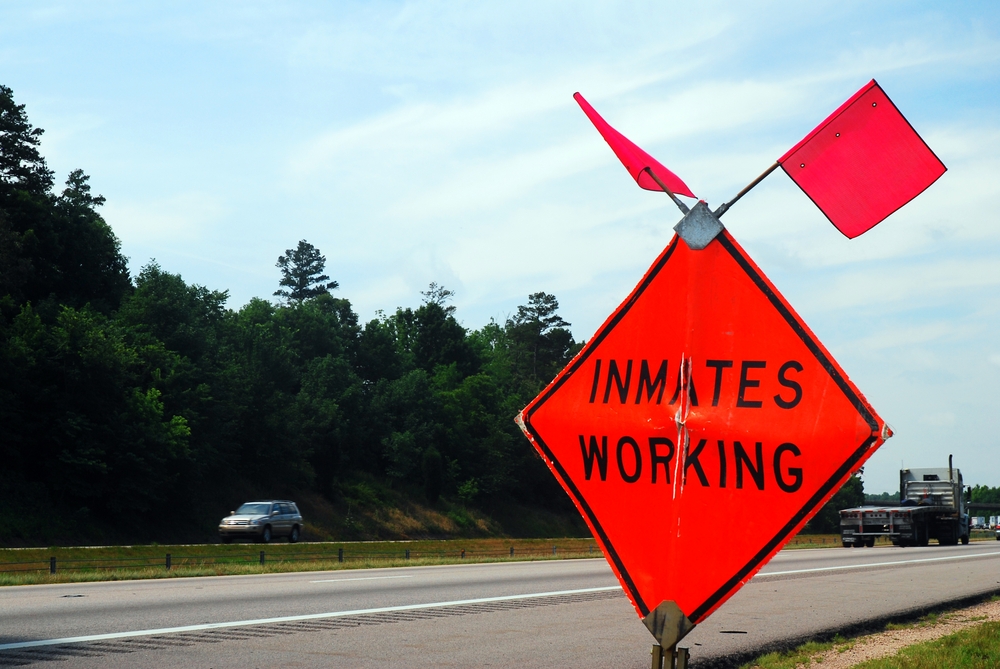In a contentious and closely watched vote, California voters recently rejected a ballot measure that would have banned forced prison labor within the state’s correctional facilities. Proposition 6, which sought to amend the California Constitution to abolish the practice, garnered 48% of votes in favor but failed to reach the majority needed to pass, with 52% voting against it, the Associated Press reported Monday. This outcome underscores a complex divide among California citizens regarding the nature of prison labor, its ethics, and its potential as a tool for rehabilitation or exploitation.
The Pros and Cons of the Ballot Measure Outcome
For advocates of prison justice reform, the rejection of Proposition 6 is a significant setback. A ban on forced labor could have signaled a major shift toward recognizing the rights and dignity of incarcerated individuals, aligning California with states that have moved to eliminate forced labor practices. The approval of the measure would have also acknowledged that prison labor, in many cases, resembles a form of modern slavery, where individuals work for pennies on the dollar under threat of punitive consequences if they refuse.
On the other hand, opponents of the measure argue that removing prison labor could disrupt rehabilitation programs, eliminate work experience opportunities, and place a financial strain on the prison system. Proponents of prison labor claim it provides a structured environment for skill-building and personal development that helps incarcerated individuals reintegrate upon release. Additionally, critics of Proposition 6 raised concerns about the economic impact, as prison labor plays a significant role in state-run operations that rely on low-cost labor to manage daily logistics, from facility maintenance to wildfire fighting efforts.
Disappointment for Prison Justice Reform Advocates
For prison justice reform advocates, the outcome is undoubtedly disappointing. For many, the continued use of forced labor reflects an outdated and punitive philosophy that prioritizes profit and control over meaningful rehabilitation. By voting down the measure, California missed an opportunity to lead the nation in recognizing the fundamental rights of incarcerated people, who, advocates argue, deserve to be treated as human beings rather than as a source of cheap labor. Critics of the current prison labor system view it as exploitative, particularly in a state like California where inmates are paid minimal wages for high-risk work like firefighting, a job that outside of prison would pay considerably more and provide additional protections.
Why Did California Reject the Measure?
While the measure’s failure is disheartening for reform advocates, a broader look at why it failed offers insights into California’s complex social and political landscape. The rejection may reflect concerns over public safety, economic impact, and a lack of widespread understanding about the realities of prison labor. Some voters may have felt that removing prison labor would reduce the state’s ability to manage prisons effectively or worried about the strain on taxpayers to cover the labor gap left by incarcerated individuals.
Additionally, there is a potential perception among some voters that prison labor offers structure and purpose to those incarcerated, an argument often pushed by state corrections officials. Others may not fully grasp that “forced labor” in prison contexts often entails punitive threats like solitary confinement or revoked privileges if inmates choose not to work.
A Silver Lining for Reform?
For those who advocate for prison reform, the rejection of this measure is not without some positive takeaways. The close margin—48% in favor—indicates a shift in public perception, showing that a significant portion of the population is questioning the ethical implications of prison labor. As awareness continues to grow, future ballot measures with clearer language or more extensive public education may have a better chance of passing. This vote may serve as a wake-up call and highlight the need for more comprehensive conversations around prison reform and the rights of incarcerated individuals.
The rejection of Proposition 6 can be seen both as a setback and a stepping stone. It may underscore persistent civil rights challenges in California’s justice system, but it also demonstrates that nearly half of the voting population was willing to support an overhaul. For advocates, the task ahead lies in engaging more Californians to bridge the knowledge gap and galvanize support for prison reform that respects human rights, dignity, and the potential for true rehabilitation.

Leave a Reply